How Long Do HVAC Systems Last?
Heating, Ventilation, and Air Conditioning (HVAC) systems are critical components of modern comfort in residential environments. These systems regulate indoor climate, ensuring both comfort and energy efficiency throughout the year. However, like all mechanical systems, HVAC units have a limited lifespan and eventually require replacement. Understanding the lifespan of your HVAC system is essential for planning maintenance, budgeting for replacements, and ensuring an uninterrupted indoor climate.
In this blog post, we will explore the factors that influence the longevity of HVAC systems, discuss signs that indicate your system may need repairs or replacement, and provide guidance on how to maximize its lifespan.
The Average Lifespan of HVAC Systems
The average lifespan of an HVAC system can vary significantly depending on several factors, including the type of system, its usage, and the quality of installation and maintenance. Generally, we have found that well-maintained HVAC systems can last anywhere from 15 to 20 years. According to The Spruce, a quality HVAC system may even last up to 25 years before requiring replacement. However, this lifespan can be drastically reduced if the system is poorly maintained or subjected to harsh operating conditions. Breaking it down further, in our experience, different components of an HVAC system have varying lifespans:
- Furnaces – Typically last between 15 and 30 years, depending on the model and upkeep.
- Air Conditioners – Can last around 15 to 20 years, with proper maintenance extending their efficiency.
- Heat Pumps – Similar to air conditioners but can be used year-round for both heating and cooling. Their lifespan generally falls between 10 and 20 years, depending on climate and maintenance.
- Ductless Mini-Splits – These systems often last 20 years or more with proper care.
- Thermostats – While not a major component, thermostats typically last about 10 years before requiring upgrades to more efficient, smart models.
The Importance of Regular Maintenance
One of the most significant factors influencing the lifespan of an HVAC system is regular maintenance. Routine servicing by a qualified professional can prevent minor issues from escalating into major problems. Regular maintenance tasks include:
- Cleaning or replacing air filters to maintain air quality and system efficiency.
- Checking for refrigerant leaks and ensuring proper airflow.
- Inspecting electrical components to prevent malfunctions.
- Lubricating moving parts to reduce wear and tear.
Regular maintenance also extends the life of critical components, such as compressors and motors. Neglecting maintenance can result in frequent breakdowns, higher energy costs, and the need for premature system replacement. If your system requires frequent heat pump repairs, it may be a sign that maintenance has been insufficient or that it's time to consider a replacement.
The Impact of Usage on HVAC Longevity
The frequency and intensity of HVAC system use play key roles in determining how long it will last. In regions with extreme heat or cold, HVAC systems work harder, leading to increased wear and tear. In contrast, in areas with milder climates, these systems may last longer due to reduced strain.
To help your system last longer:
- Use programmable thermostats to regulate usage efficiently.
- Avoid setting extreme temperatures that force the system to work harder.
- Ensure that vents and ducts are unobstructed for proper airflow.
If your system is running constantly and you find yourself frequently scheduling heat pump repairs, it could indicate that the system is overworked and may need a more energy-efficient replacement.
The Effect of Installation Quality on Lifespan
The quality of installation significantly impacts an HVAC system's lifespan. A poorly installed system can lead to inefficiencies, increased energy bills, and premature failure. Proper installation ensures:
- Correct sizing of the system for the building’s needs.
- Proper ductwork and ventilation for efficient airflow.
- Secure electrical and refrigerant connections to prevent leaks or malfunctions.
Hiring a reputable HVAC contractor is crucial. If your system was not installed correctly and you frequently need heat pump repairs, a professional assessment may determine whether repairs or a full system replacement is the best option.
Signs That Indicate It May Be Time for a Replacement
Even with the best maintenance, no HVAC system lasts forever. Here are some signs that indicate it may be time for a replacement:
- Rising energy bills due to decreased system efficiency.
- Frequent repairs that are becoming costly.
- Uneven heating or cooling throughout your home.
- Strange noises, such as banging or rattling, coming from the system.
- Poor indoor air quality, including excess dust or humidity issues.
If your system is more than 15 years old and frequently needs heat pump repairs, replacing it with a new, energy-efficient model may be the most cost-effective decision.
While HVAC systems are designed to last, their longevity depends on several factors, including maintenance, usage, and installation quality. By keeping up with regular servicing, using the system efficiently, and considering modern advancements, you can maximize its lifespan and performance.
If you're experiencing frequent breakdowns, rising energy bills, or find yourself frequently needing heat pump repairs, it may be time to upgrade. AirBest Home Services specializes in HVAC maintenance, repair, and installation. Our expert team can help you determine whether a repair or replacement is best for your home. Contact AirBest Home Services today for a consultation, and keep your home comfortable year-round!
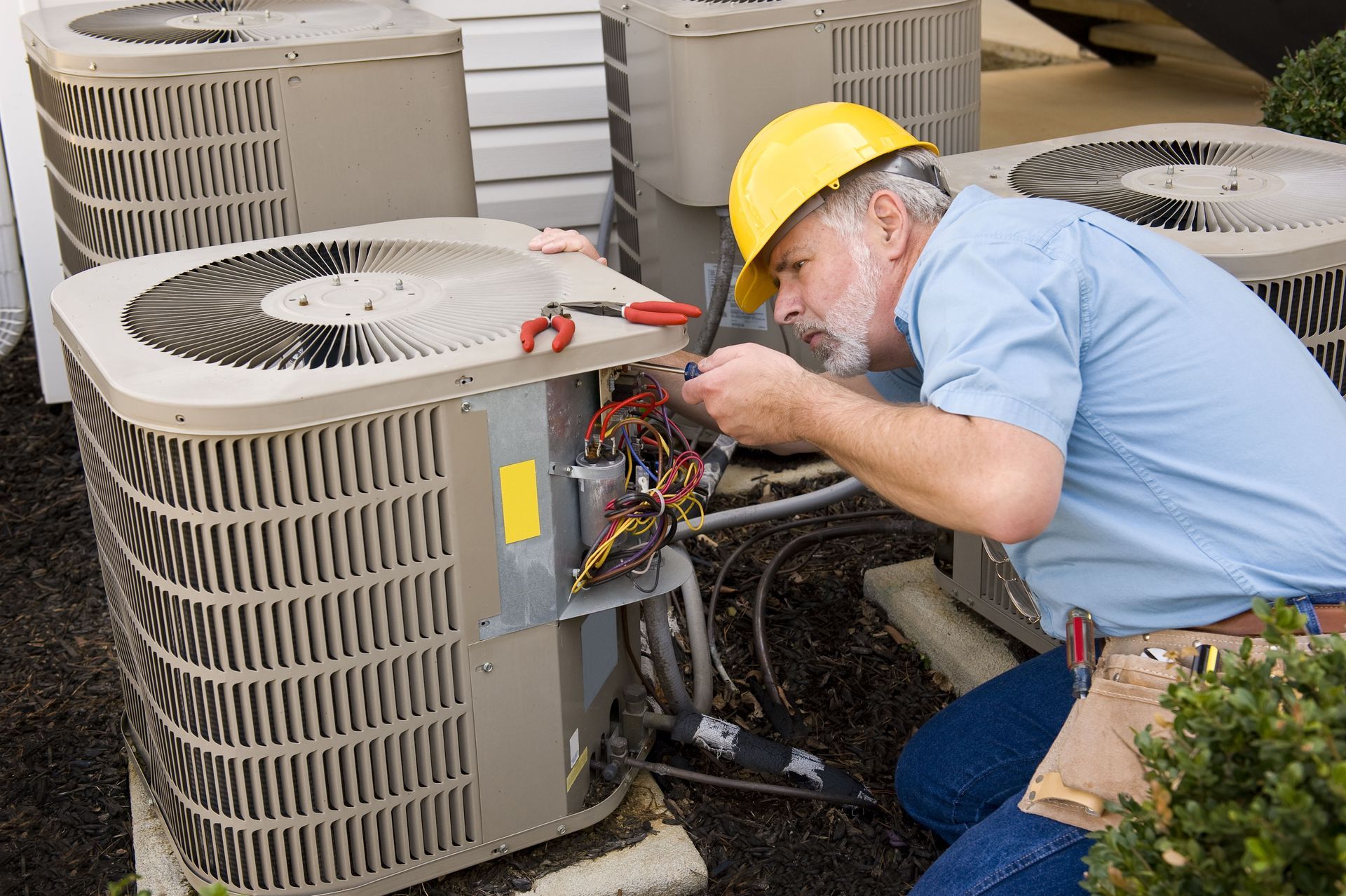
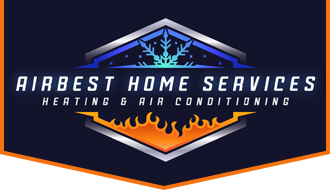
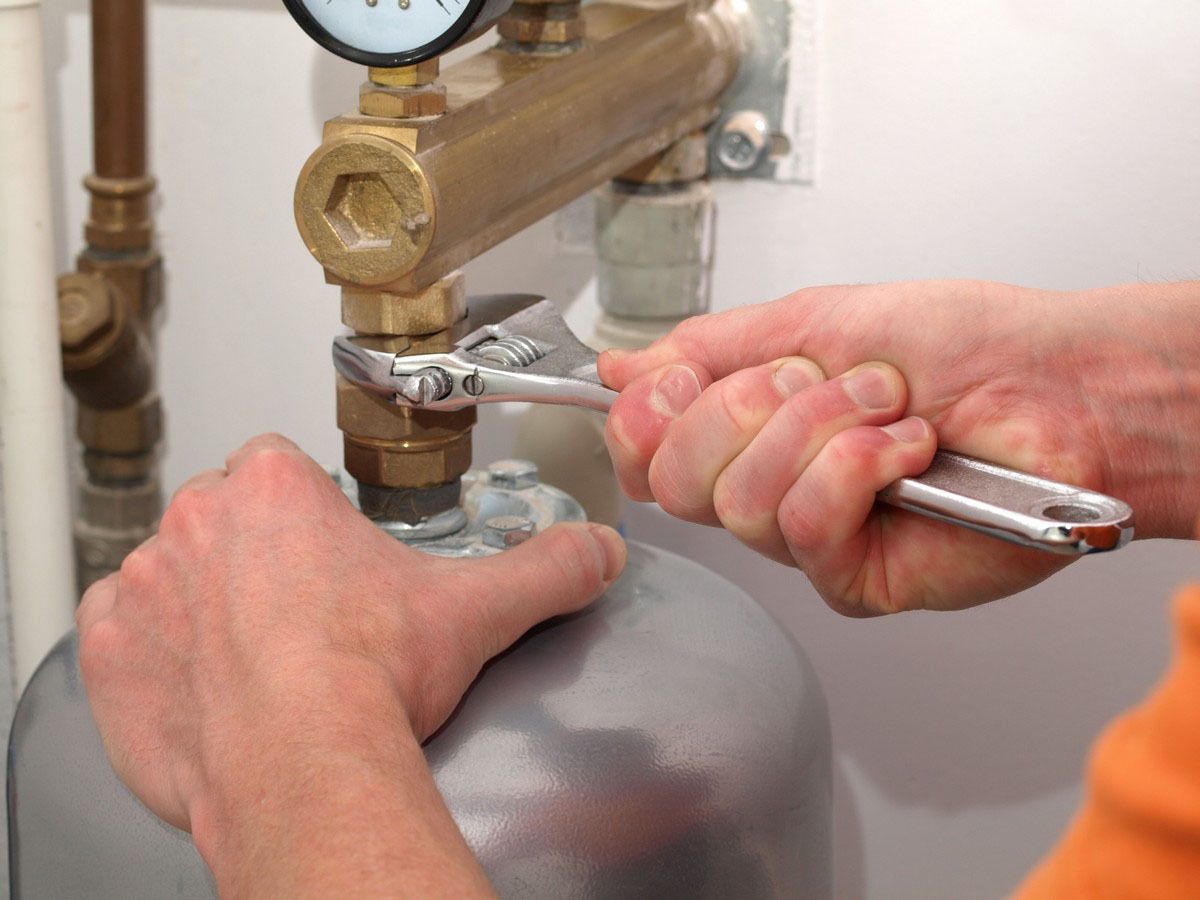
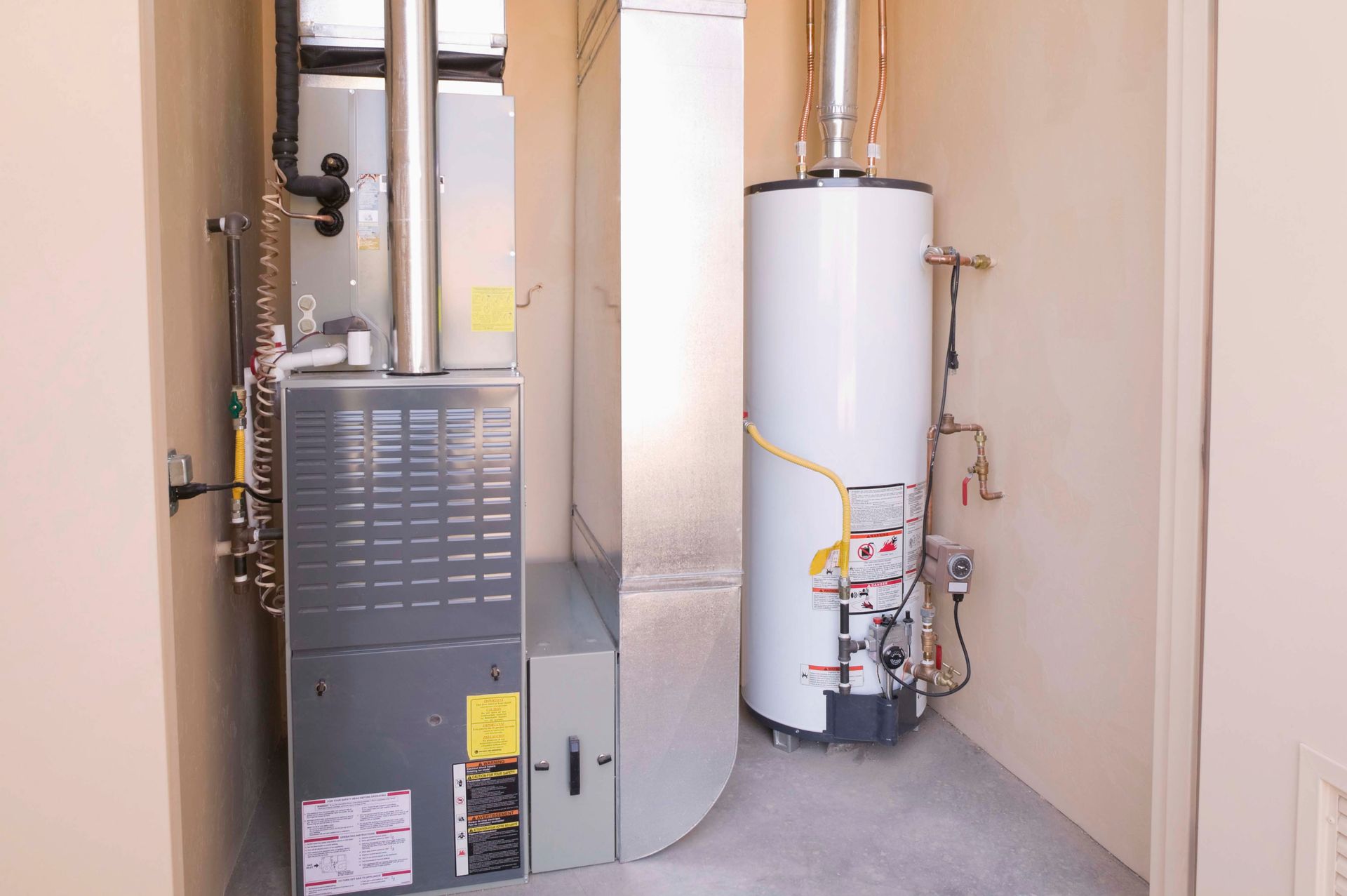
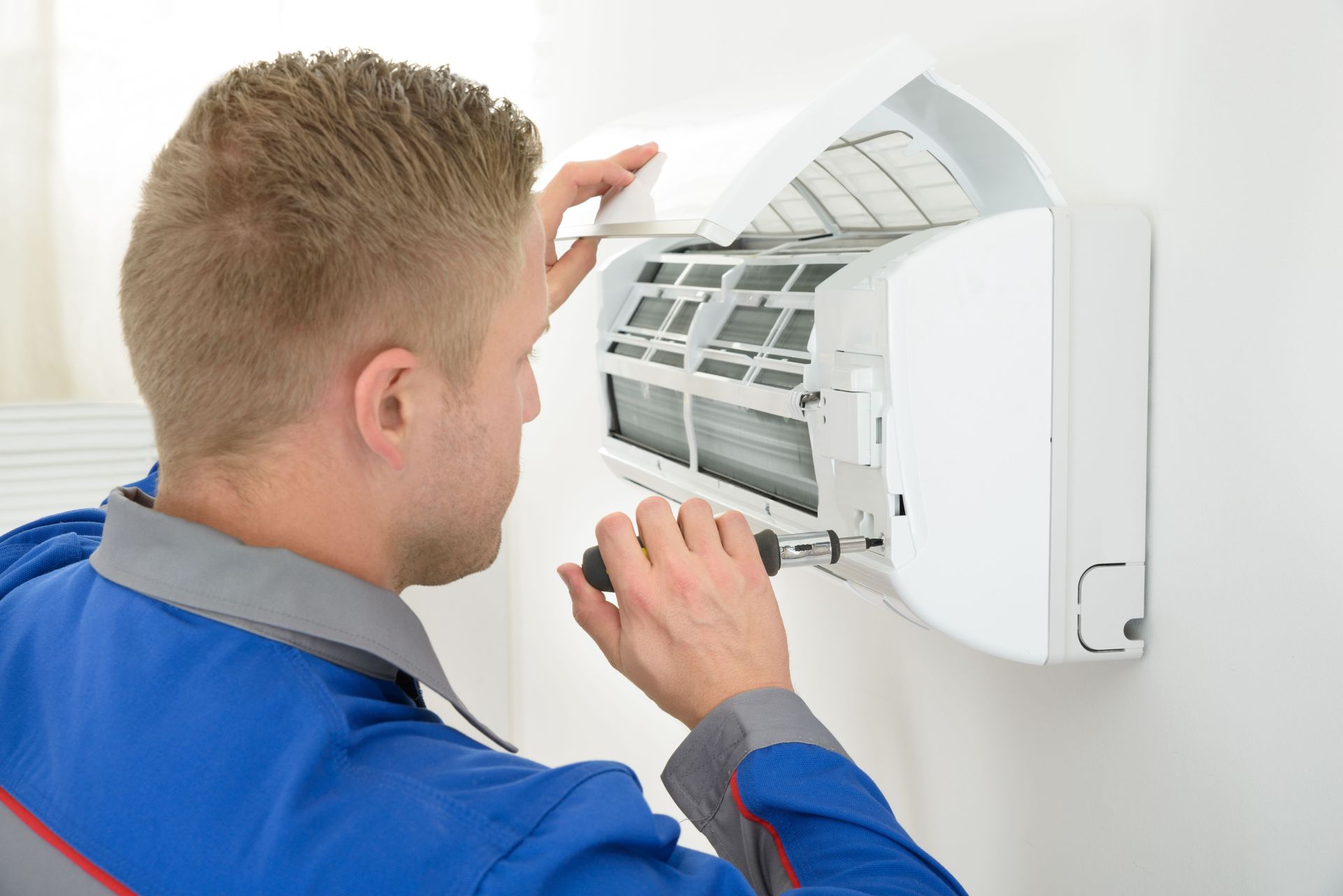








Share On: